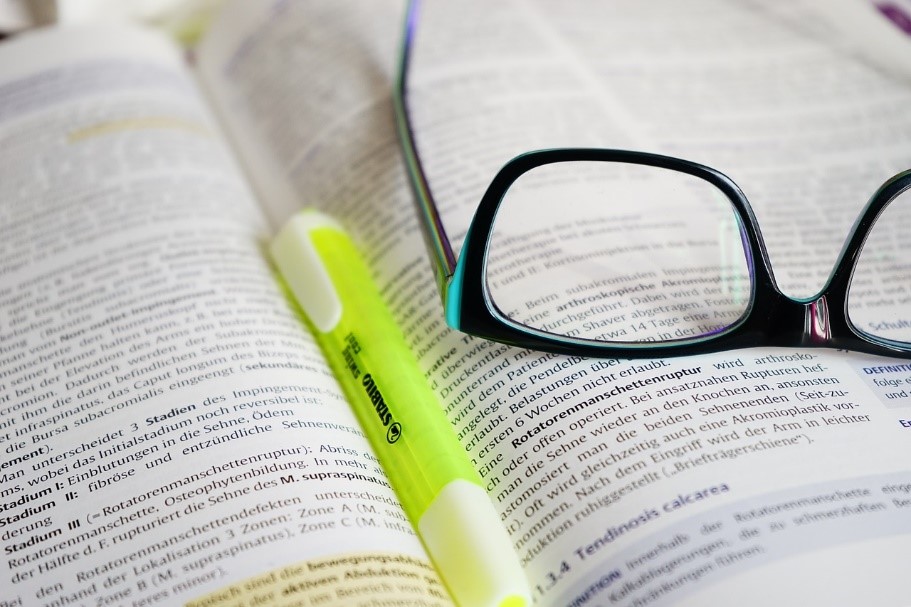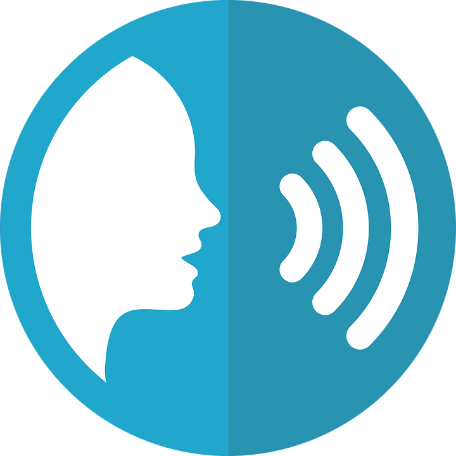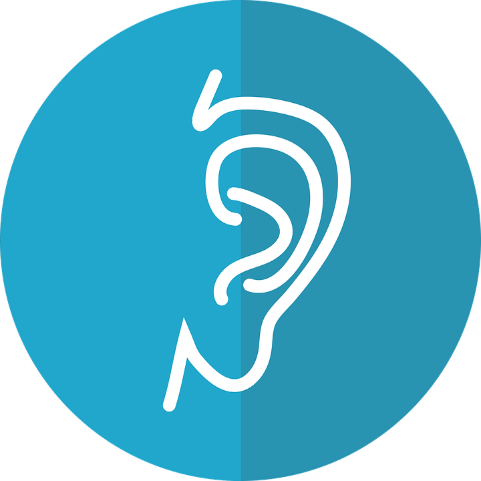Image: 11th Grade Students Discussing in Mr. Kayler’s ELA Class
Students gathered in a circle, thoughtfully interacting with a text and one another: it’s the kind of classroom magic that ELA teachers dream about.
Socratic Seminars – and their numerous variants, such as the Fishbowl Discussion or Paideia Seminar – are widely recognized as powerful tools for engaging students and encouraging critical thinking. Few classroom activities provide such fertile soil for cultivating so many core academic skills at once.
What’s more, most students actually ENJOY seminars! Over my 7 years of teaching, my students have consistently cited our classroom discussions as their favorite element of the course. I’ve seen some truly profound insights and powerful moments of connection emerge from these discussions.
But that sort of “magic” doesn’t just happen. Rather, successful seminars are the result of intentional planning and purposeful front-loading by teachers who know that students need guidance and practice to hold this sort of academic conversation.
The good news in that? With the right scaffolding in place, ANY CLASS can have a successful seminar.
Here are some strategies, practices, and protocols that I’ve found essential to seminar success:
Preparation

When students come to the discussion having already gathered thoughts on the text, they are far more likely to share ideas, cite textual evidence, and ask questions of their own.
Before a seminar, I give students a set of core questions to consider and make notes on while they are reading. They do not have to script complete answers here; what I’m looking for is more like a set of bullet points with textual evidence that they could draw on while discussing with the class.
Requiring this sort of written preparation has several effects:
- It ensures that students actually do the reading before the discussion.
- It increases engagement while reading, turning the text into a resource students actively mine with purpose.
- It lets students who have a hard time speaking up plan comments ahead of time.
- It frees students up to focus on real conversation during the discussion itself.
What kind of questions should you ask? Here’s a sample of the discussion prep assignment I give 10th grade students for a seminar on the opening chapters of Ishmael Beah’s memoir, A Long Way Gone. In general, I focus on big-picture higher-order thinking questions that could connect to multiple textual moments. These include open-ended questions like “How do we see the war beginning to affect ordinary people’s behavior?” as well as questions that really require students to gather specific and detailed textual evidence like, “Choose one flashback from these chapters that you find significant, and make a claim about the author’s purpose in inserting it here.”
I treat these preparation questions as anchor points in the discussion. Our conversation may wander away from them or back and forth between them – that’s okay. What’s important is that having notes prepared ahead of time gives students something concrete to draw from and build on.
Expectations

When I assign those preparation questions, I also go over core expectations for the seminar. I explain the purpose of this kind of discussion, making clear that it is a collaboration and not a competition. I emphasize our need for each other’s perspectives to arrive at deeper understanding.
I spell out exactly what constitutes a meaningful contribution to the discussion and how many times I hope to hear from each of them (typically, that’s at least twice). I also explain what’s expected of the listening notes they make during the discussion, and I model the body language of active listening while others are speaking. Both of these practices are tied to their overall grade via a rubric that I give them with the preparation questions.
I sum up my other expectations for how we discuss with these three mottos:
- Every Voice Matters
- Be in the Text
- Go with the Flow
I’ve found that it’s important to share all of these expectations positively – as “Do” statements rather than “Do Not’s.” I try to give students the sense that the seminar is something that belongs to all of us; it’s an experience that we’re crafting together. This is also where the relationships you’ve built with students really shine (check out my previous article, “Connecting With Students” for my core principles on relationship building.
Scaffolded Interactions

Part of what we’re teaching students in a seminar is how to speak the language of academic discourse. This requires some direct instruction.
I like to scaffold student interactions with each other by giving them a page of sentence frames and transitional phrases that they can use in different scenarios. For example:
- “I agree with A’s point about __. I noticed that on page ___….”
- “I noticed that, too! I also thought it was significant that….”
- “That’s an interesting idea, B. I got a different sense from that scene because of the way the author writes ‘…..’”
- “I wanted to circle back to C’s point about ____.”
For a more thorough and advanced list of ideal student language, check out this guide from Uncommon Schools.
Active Listening

I tell my students that one of the biggest skills we’re practicing during a seminar is LISTENING. To emphasize how important this is, I require them to take listening notes, and those notes are weighted equally to their contribution score in their overall seminar grade.
Listening notes can take different forms. My goal here is not for students to create a transcript of who said what, nor is it for them to capture their personal reactions. Instead, I guide students to focus on emerging ideas. Ideally, this kind of thought-mapping helps students practice summary and synthesis skills alongside active listening.
Facilitating Participation
The day of the seminar, I remind students of our core expectations. Then I ask them to look over their notes and highlight two points they would like to bring up. This practice gives quieter students a “go-to” comment that they can throw in early on, and encourages more vocal students to prioritize where they will participate.
After posing one of the core questions, I try to step back and let students take the lead, adjusting my own participation as a facilitator as needed. When students are quiet, I might be more active in praising their ideas and inviting further evidence; when a few students begin to dominate the conversation, I may interject to pull in other voices.
About halfway through the discussion, when I’ve heard from maybe 75% of participants, I often impose a momentary speaking ban on anyone who has already made a comment. Quiet students will naturally fill in the resulting space, and getting that first comment in makes them far more likely to contribute again.
Self-Assessment and Reflection

Before submitting their listening notes, I ask students to write about their takeaways from the seminar as a whole and to score themselves on the same rubric that I use for their overall grade. Seminars seem to invite more thorough self-reflection from students than other learning activities. It’s fairly easy for them to honestly identify the extent to which they prepared, listened, and contributed. I use this as an opportunity to emphasize how GROWTH is at the heart of everything we’re doing. We reflect on this seminar so that we can challenge ourselves to dig even deeper in the next one.
Closing Thoughts
The process I’ve outlined here is by no means the only way to run a seminar. Find what works for your class and don’t be afraid to change it up each time! Remember that this kind of conversation is something students need practice with. Just because one seminar goes poorly doesn’t mean your class won’t grow into it with time.
For more resources, check out these excellent articles from Edutopia:
Building a Culture of Student-Led Discussion
Improving Student-Led Discussions
How to Facilitate Remote Socratic Seminars
….or download a sample seminar plan from the National Paideia Center and give it a whirl!



